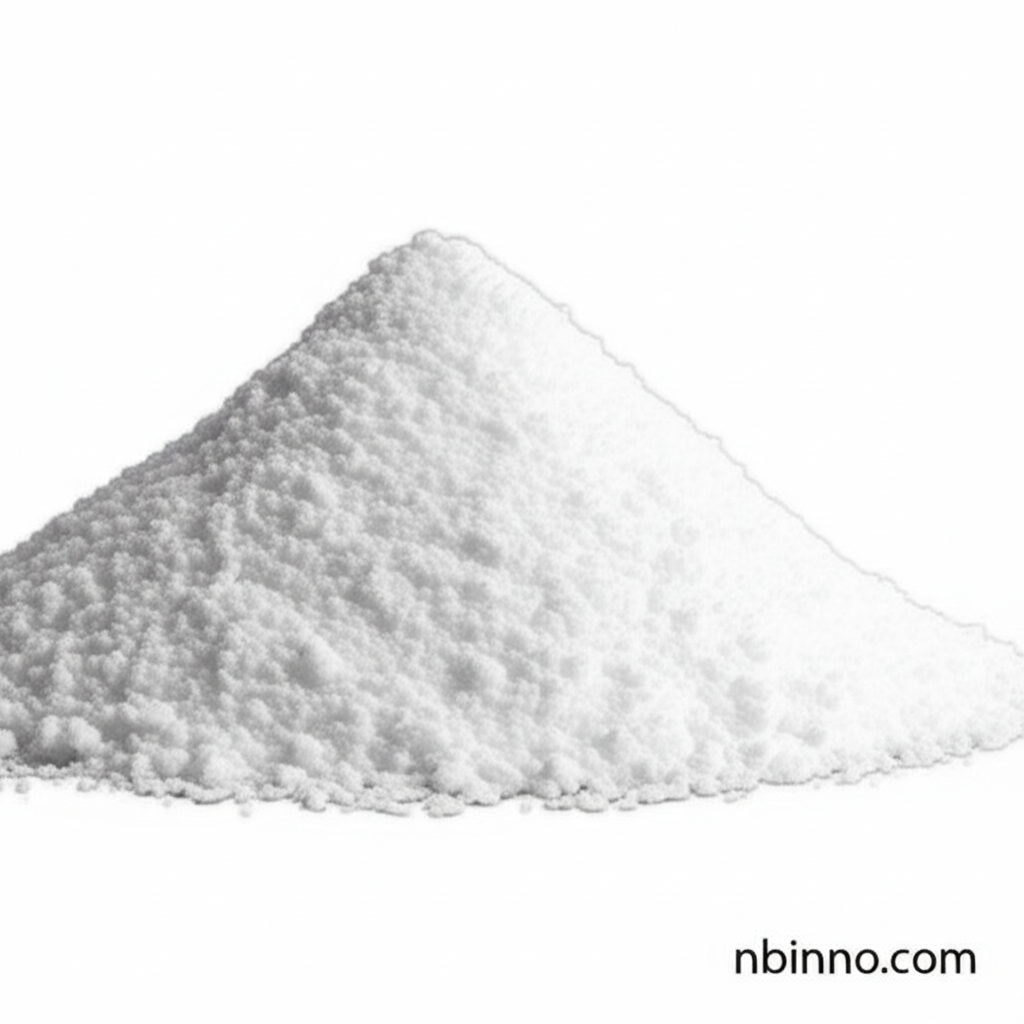High Quality Triclosan Powder: Applications, Benefits, and Safety Considerations
Discover the multifaceted uses, potential health implications, and regulatory landscape of Triclosan, a widely recognized antibacterial agent.
Get a Quote & SampleProduct Core Value

Triclosan Powder
Triclosan is a potent synthetic antibacterial and antifungal agent, valued for its ability to inhibit or stop bacterial growth and contamination across a wide array of applications. Its efficacy has led to its incorporation into many consumer products, industrial equipment, and materials, aiming to provide enhanced hygiene and prevent microbial degradation.
- Explore the diverse applications of Triclosan, from cosmetics to textiles, understand its role in preventing bacterial contamination.
- Investigate the mechanism of action, where Triclosan primarily targets bacteria by inhibiting fatty acid synthesis, a process crucial for cell membrane development.
- Delve into the potential health effects associated with Triclosan, including concerns about endocrine disruption and the promotion of antibiotic resistance.
- Understand the environmental impact, as Triclosan can persist in waterways and affect aquatic life, prompting regulatory scrutiny and bans in certain product categories.
Advantages Offered by Triclosan
Broad-Spectrum Antimicrobial Action
Triclosan exhibits broad-spectrum antimicrobial activity, effectively targeting a wide range of bacteria and fungi, making it a versatile ingredient for hygiene-focused products.
Widespread Application Versatility
From personal care items like toothpaste and soaps to industrial uses in plastics and textiles, Triclosan's applicability spans numerous sectors, contributing to enhanced product protection and hygiene.
Proven Efficacy in Specific Applications
While concerns exist, certain applications, like in specific toothpastes for gingivitis prevention, have shown evidence of Triclosan's efficacy, highlighting its role in targeted oral care solutions.
Key Applications
Personal Care Products
Triclosan is a common ingredient in products such as antibacterial soaps, body washes, deodorants, and toothpaste, contributing to their antimicrobial properties.
Cosmetics
Its use in cosmetics aims to prevent bacterial growth and contamination, enhancing product shelf-life and consumer safety.
Household and Industrial Materials
Triclosan is incorporated into plastics, textiles, and other materials to provide antibacterial and antifungal resistance, for example, in children's toys and kitchenware.
Healthcare Settings
Historically used in surgical scrubs and hand washes, its application in healthcare is subject to stringent regulations and ongoing evaluation.
